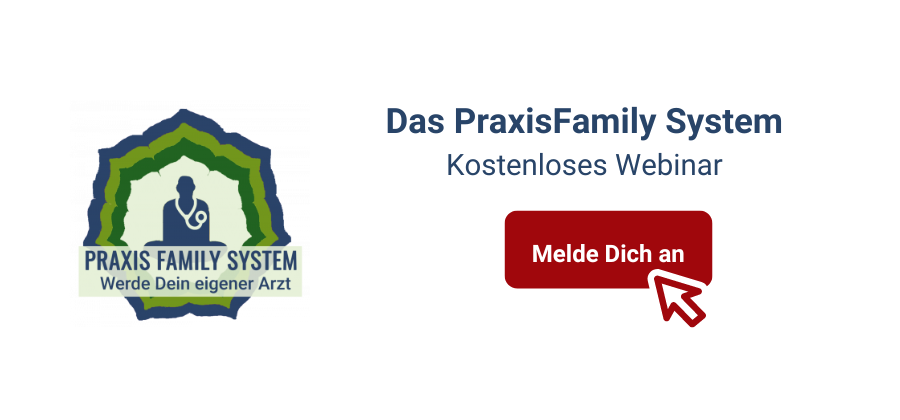Root canal treatment is always necessary when a tooth can no longer be saved. If the tooth nerve has become inflamed and there is no improvement in sight, root canal treatment is usually the next step. What the problem of a root canal treatment is and what alternatives there are, you will learn in this article.
Structure of the teeth
The tooth is not a dead substance, but is quite alive. A tooth, of course, does not have the same blood supply as, for example, a finger or our organs, but nevertheless the tooth is connected to the organism and thus has a connection to it. Our teeth are supplied with blood circulation, nutrients and nerves. Roughly speaking, they consist of three layers:
1st layer: This is the hard layer from the outside, which we brush with a toothbrush.
2nd layer: This forms the softer dental pulp.
3rd layer: In this layer there are channels through which the nerves and blood vessels enter the tooth.
What happens during root canal treatment?
The inflamed nerve of the tooth is torn out of the jaw by special devices using a delicate technique. This is removed at the trigeminal nerve and thus can no longer hurt. However, this does not treat the root cause of the inflammation and thus the pain. Only the “alarm button” is removed and this fact is often not taken into account. In some cases, it is even possible to save an inflamed tooth if the root cause of the inflammation is treated.
With the help of our practice Family Method it is possible to find out what the tooth needs and what is the cause of the pain.
Instead of root canal treatment, the tooth can alternatively be extracted and an implant inserted. Environmental physicians as well as regulation physicians usually advise rather to have the tooth pulled. It does not make sense to kill a tooth and leave this dead body part in the mouth. The tooth begins to decompose over time, which means it discolors, rots, and begins to stink. The decay and decomposition process of a dead tooth is very slow, but it is still better to extract it. Depending on the tooth, it may be enough to take it out and leave a gap. However, the tooth can also be replaced with the help of a bridge or an implant. Personally, we always recommend an implant made of zirconium. Titanium should be avoided at all costs, as the metal is incredibly resonant with electrosmog. In general, the goal should always be a metal-free oral cavity. Nowadays, zircon is processed by many dentists.
If you have problems with a tooth, but do not have enough money to have an implant placed, root canal treatment can serve as a temporary solution. This way you can buy yourself some time and start chewing again without worry or pain. We recommend having the dead tooth replaced after about six to three quarters of a year.
Context : Root-treated teeth and chronic diseases
If you suffer from chronic diseases and have root-treated teeth, you should clarify whether there is a connection. It is not uncommon, for example, for stomach or heart problems to result from dead teeth. If these teeth are removed, the chronic disease often improves.
But there is also a connection the other way around: If, for example, there are intestinal problems due to an incorrect diet, this can be noticeable in the teeth. If the intestine heals, the teeth no longer hurt either.
There are various approaches to this, but it can be stated quite clearly: Root canal treatment is never good. The nerve, and the bloodstream is removed during such a procedure and the root canal is filled. Of course, this is usually done professionally, but the dental pulp has so many small channels into which germs can fit, whereas our immune system does not. Our phagocytes are too big for these tiny channels. At this fineness and depth, it is impossible to sufficiently disinfect and render the tooth harmless. Neither with ozone, nor with other rinses or liquids. A small pool of germs thus always remains. Not everyone becomes ill as a result, but root-treated teeth are the cause in some patients with chronic diseases.

